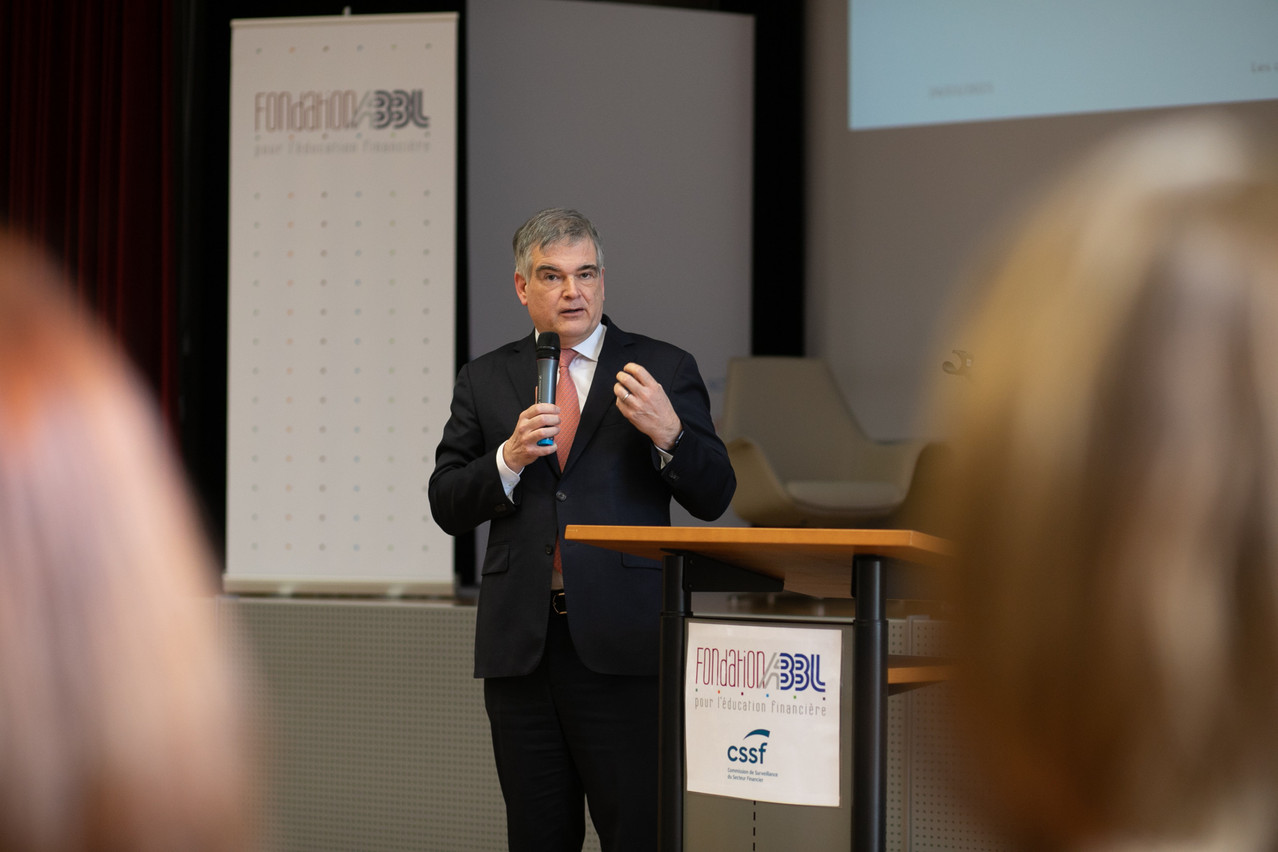At the initiative of the ABBL Foundation for Financial Education and the Commission de Surveillance du Secteur Financier (CSSF), Luxembourg participated for the first time in an OECD survey to measure the level of financial literacy of its residents aged 18 to 79. The results are, if not disappointing, hardly in line with what one would expect in a country with an international financial centre.
The country's financial literacy--calculated as the sum of financial knowledge, financial behaviour and financial attitude--scores 60 out of 100. For 18-29 year olds, the score falls to 52 out of 100.
According to ILRES--which collected the data--the overall level of financial knowledge of Luxembourg residents is rather high (70%) and is above the average of the OECD countries surveyed in 2020. But the score for the under 30s is only 54%, placing Luxembourg in 21st position out of 26 countries.
The problem is financial behaviour and attitudes, where Luxembourg is below the OECD average for all age groups. The reason for this, according to ILRES, is to be found in “the country's economic context, which is conducive to a certain casualness when it comes to budget management.” An unflattering comment...
Making financial education a fully-fledged subject
The situation cannot continue according to , Director General of the financial sector regulator CSSF. Marx is all the more worried as “the subject is more than ever a topical issue for citizens and the general public, while the financial context is changing with the rise in interest rates, inflation and the distribution of financial products through channels that we do not control.” His target is social networks and influencers. For him, it is necessary “in the face of temptation, to be able to make the right decisions.”
, CEO of the ABBL and president of the ABBL Foundation for Financial Education, is on the same wavelength.
Their message is simple: “We must contribute to the financial education and knowledge of our citizens. Everyone needs quality education as part of the school curriculum,” in the name of competitiveness and financial inclusion. Referring to the new financial conditions, Grbic expressed official concern about the risk of increasing over-indebtedness.
Together, they call for the introduction of financial education in the curricula of basic and secondary schools, but also for better coordination of the different existing initiatives, mainly in extracurricular activities.
These demands are not new and reflect the perfectible relationship that can exist between the financial community and the school community.
Invited by the CSSF and the ABBL to present the results of the study, finance minister (DP) said that “financial education must be accessible to all.” “The most effective form of investor protection is education and information,” she added.
Unfortunately, there was no representative from the Ministry of Education to comment on this at the time of publishing.
This article was originally published in French on and translated for Delano.
